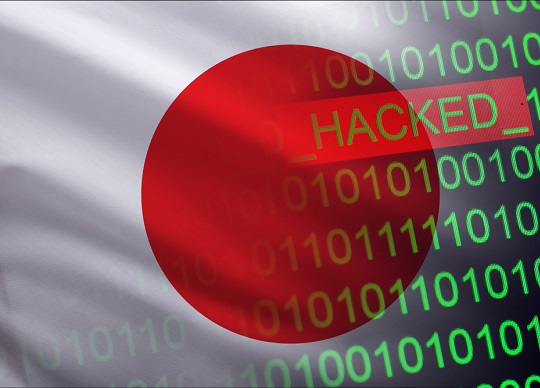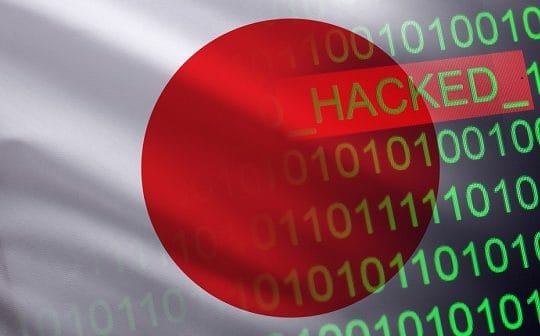
Check Point Software has warned of a reported Killnet cyberattack on Japanese government and organisational websites.
Sergey Shykevich, Threat Intelligence Group Manager, at Check Point Software said “Killnet (the Russia-affiliated hacktivist group) yesterday launched a massive attack on Japan, claiming to have taken down the e-government of Japan, which delivers administrative information from government organizations as well as applications to local governments for public services. Killnet has also claimed to have done the same with the online tax portal, the JCB payment system and Mixi, the 2nd biggest social media in Japan, which is still unreachable as of now.”
“Killnet used DDoS, a category of malicious attacks cybercriminals to take down these sites, which effectively makes an online service, network resource or host machine unavailable to its intended users on the internet by overwhelming the servers with thousands and millions of requests. Killnet’s reasoning for these attacks is due to Japan’s support of Ukraine in the ongoing Russia-Ukraine war, as well as a decades-long dispute over the Kuril Islands, which both sides claim sovereignty over. Disruption of the citizens’ daily lives with attacks on the government and organizational websites are a surefire means of inconveniencing the government and people, highlighting Killnet’s claims.” added Shykevich.
“This attack on Japan comes after a recent Killnet wide-scale attack on sites in Italy, Lithuania, Estonia, Poland, and Norway, and more planned attacks can be expected in the future. Our recent Mid-Year Security report revealed that besides a 42% global increase in cyberattacks, there was also a huge increase in state-sponsored and state-mobilized hacking groups, which have gained momentum since the start of the Russia-Ukraine war. As we have warned previously, organizations in countries being attacked must be vigilant of the risks, as these groups use varies tools to achieve their goals, including data theft and disruptive attacks. Adoption of a prevention-first cybersecurity strategy will help to reduce the likelihood of a cyberattack such as preparing a proper offline backup of critical business information including a recovery plan in the event of a worst-case scenario and segmentation between critical and less critical areas of the corporate network – i.e. customer data, user segments, CRM and email, logistics, extranets, production.” concluded Shykevich.





